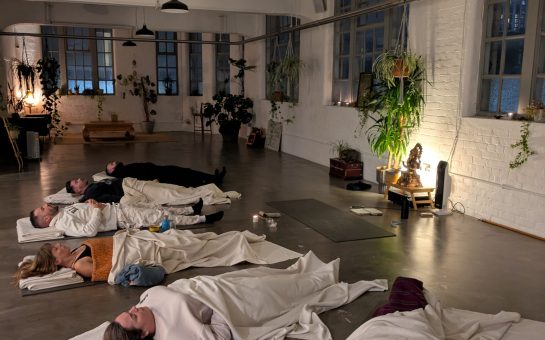Ever heard someone call a sibling ‘our kid’ or describe something great as ‘mint’?
Manchester’s slang has always been a rich part of its identity, shaped by the city’s industrial, musical and immigrant influences.
Over the years, Manchester’s got its own unique mix of words, phrases, and pronunciations that might leave outsiders scratching their heads – but for locals, it’s second nature.
The city’s working-class roots, shaped by the Industrial Revolution, led to a creation of a distinct set of slang words. For example, the term ‘mither’ meaning ‘to bother’, was commonly used between factory workers.
During the postwar years, Manchester’s diverse immigrant communities, including Irish, South Asian, and Caribbean groups, brought their own linguistic influences, adding to the city’s dynamic slang mix.
The 1960s and ‘70s saw mod culture infuse new slang tied to music and fashion. The 1980s rave scene introduced iconic “Madchester” phrases like “buzzin’” (excited) and “sorted” (great), embodying the carefree spirit of the time.
To understand why some slang fades while others endure, I spoke to two linguists at Manchester Metropolitan University.
Dr John Bellamy, a senior linguistics lecturer, explained that slang evolves with generations. As people age, their slang often disappears with them.
Phrases like “mad for it” from the ’90s are now rare, except as nostalgic throwbacks. However, some terms, like “our kid” for siblings, have endured and passed down through families.

Dr Bellamy’s personal favourite slang word? He says: “I’ve always liked ‘sorted’ for ‘great’. It might be a word from my generation though!”
I also spoke to Rob Drummond, a sociolinguist professor who has spent years researching Greater Manchester’s accents and dialects.
He explained that slang’s survival is tied to the social groups that use it. As these groups fade, so does their language. “Dialect terms simply die out with people,” he said.
“While language evolves, preserving older slang requires people to consciously keep using it, especially when it holds significance for regional, class, or ethnic identities.”
Rob noted that nostalgia can also help revive older slang, but usually on a small scale. “It’s hard to see that happening more broadly,” he said.
I asked Rob for his favourite slang term and he shared a gem.
He said: “When we were doing the Manchester Voices Project we heard someone use ‘It’s dark over Albert’s mother’s’ – meaning it’s dark/cloudy over there in the distance.
“I use that now, but I have no idea who Albert was! Incidentally, this phrase is quite well-known, but usually with ‘Bill’s’ mothers.”
Language, like the weather, is always changing.
And while it may be ‘dark over Albert’s mother’s’ at times, there’s always light ahead when it comes to discovering new slang!




